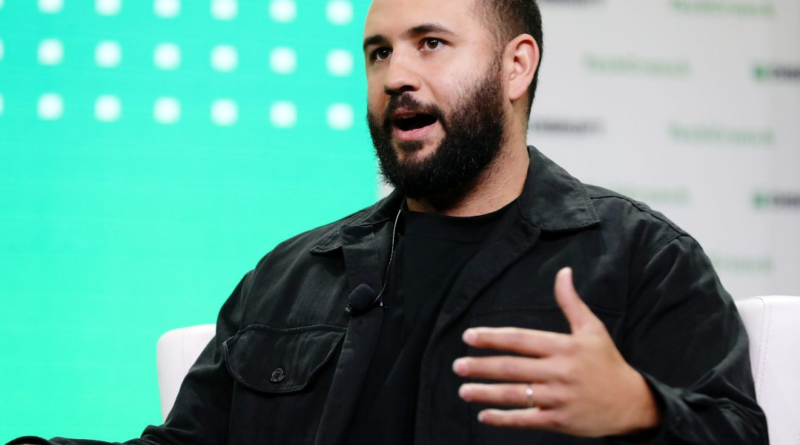Visa to send stablecoin USDC over Solana to help pay merchants in crypto
Visa said on Tuesday that it would begin to send USDC, the second-largest stablecoin by market capitalization, to select merchants via the Solana blockchain in a newly announced pilot.
While credit card holders can buy goods with a mere swipe or tap, Visa facilitates a complicated dance of payments in the background to enable every transaction. After a purchase, the cardholder’s bank wires money to Visa’s treasury, from which Visa pulls the funds and sends them to the merchant’s bank.
This is usually done in fiat currency, but the payments giant has previously allowed companies, mostly crypto-native firms like Crypto.com, to send payments to its treasury via USDC, the dollar-backed stablecoin issued by Circle.
Now, Visa, which has a dedicated account with Circle, will begin to send USDC out of its treasury to two large payments firms—Worldpay and Nuvei—which, in turn, can directly facilitate payments for merchants. The companies have decided to send and receive USDC on Solana because of the blockchain’s capacity to process transitions more quickly than on Ethereum’s.
“Expanding the pilot exemplifies how pairing USDC with Visa’s innovation opens up the future of payments, commerce, and financial applications,” Jeremy Allaire, Circle’s cofounder and CEO, said in a statement.
Despite the promise of stablecoins to speed up bank transfers, the processing time to transfer money into or out of its treasury will remain the same, Cuy Sheffield, Visa’s head of crypto, told Fortune.
“In this early stage, we’re really just giving the option to send or receive USDC instead of a bank wire, but we’re not sending money out faster or receiving money in faster necessarily,” he said in an interview. “Over time, I think that there’s potential to start doing that.”
The expansion of Visa’s USDC settlement process is yet another new crypto product or pilot to come out of a legacy payments company this year, despite ongoing, expansive regulatory action from the federal government against the crypto industry.
In February, the SEC issued a Wells Notice, or a legal document that says the agency intends to sue a company, to Paxos, a stablecoin issuer. PayPal, which had partnered with Paxos to develop its own stablecoin, said it was “pausing” development amid the regulatory scrutiny. However, in August, the publicly traded payments firm indeed launched its stablecoin.
Mastercard also has unveiled a new suite of crypto offerings, most recently it’s so-called Multi Token Network, or MTN. But just months later, Mastercard confirmed it was severing its partnership with Binance on prepaid crypto debit cards, after the SEC sued the world’s largest crypto exchange in June.
A spokesperson for Visa also confirmed that the company had stopped issuing Binance cards in Europe as of this summer, and Sheffield, Visa’s crypto head, wouldn’t comment to Fortune on whether the payments firm plans to fully cut off its partnership with Binance.
That being said, Visa’s latest pilot suggests that the firm isn’t cutting itself off from crypto, especially stablecoins, anytime soon. “We’ve gotten to the point where there’s a recognition that stablecoins can play a role in payments,” Sheffield told Fortune, “that they can solve real challenges.”


